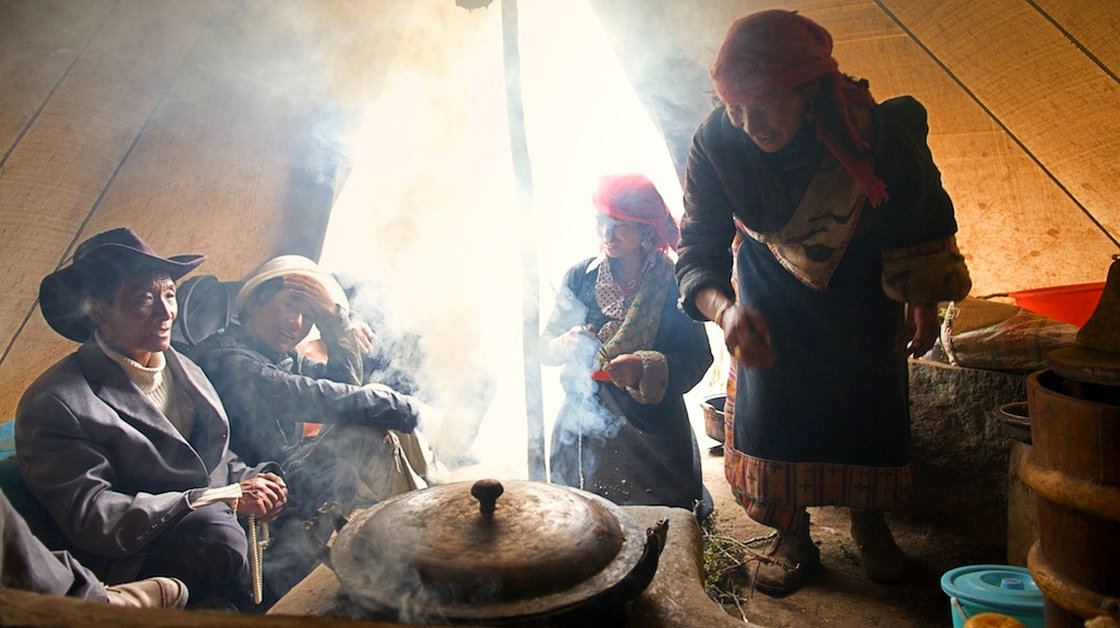By NAW staff, North American WindPower
The U.S. Department of Energy (DOE) says it will continue to provide assistance to tribal governments to accelerate renewable energy deployment through its Strategic Technical Assistance Response Team (START) program.
The DOE’s Office of Indian Energy Policy and Programs and experts from the National Renewable Energy Laboratory will provide technical assistance for tribal clean energy development by supporting community- and commercial-scale renewable energy projects across the country. Since its December 2011 launch, the START Program has helped 21 tribal communities advance their renewable energy technology and infrastructure projects – from solar and wind to biofuels and energy efficiency.
START will assist tribal project team and tribal legal/finance specialists with reaching a late-stage development decision point or milestone to further a project toward development. Eligible applicants for this opportunity include Indian tribes, Alaska Native regional corporations and formally organized tribal energy resource development organizations. Applicants designated as White House Climate Action Champions will also benefit from the assistance of the START Program and be given preferential consideration.
Applications are due to the DOE’s Office of Indian Energy Policy and Programs by May 1. Up to five projects will be selected by late June 2015. Technical assistance will be provided from July of this year through August 2016, notes the DOE.
In addition to this opportunity, the DOE launched the third round of the Alaska START Program in December to assist Alaska Native villages and federally recognized Alaska Native governments with accelerating clean energy projects.
Applications are currently being reviewed, and selected projects will be announced in April.


